Sustainability
Sustainability is everybody's business
"The University for the Common Good is a commitment to sustainability by the University of Dayton, reinforced by our involvement with the United Nations Global Compact, the Laudato Si’ Action Platform and other initiatives. A central focus of the Sustainability Program is the 17 Sustainable Development Goals or SDGs. The SDGs recognize the inextricably linked nature of economic, environmental and social justice issues. The Sustainability Program and our B.A. and B.S. degrees are therefore an important contribution to the mission of UD, but do not stand alone, as we strive for collaborations with other interdisciplinary programs, centers and initiatives on campus."
A focus on sustainability
The University of Dayton Hanley Sustainability Institute and its Sustainability program provide students with a broad base of skills in the emerging field of sustainability. Students with majors or minors in sustainability learn how to work across disciplines to identify and solve sustainability problems.
Students from across the University of Dayton are involved in campus and community sustainability efforts through the Hanley Sustainability Institute and its Sustainability program. Courses based on experiential learning and student-run programs allow students to implement sustainability solutions in real-world situations.
University of Dayton students enjoy one-on-one mentorship opportunities to work with faculty on sustainability-related research projects. The Hanley Sustainability Institute and its Sustainability program offer internship and student-leader programs that allow students to create their own pathways to career success.
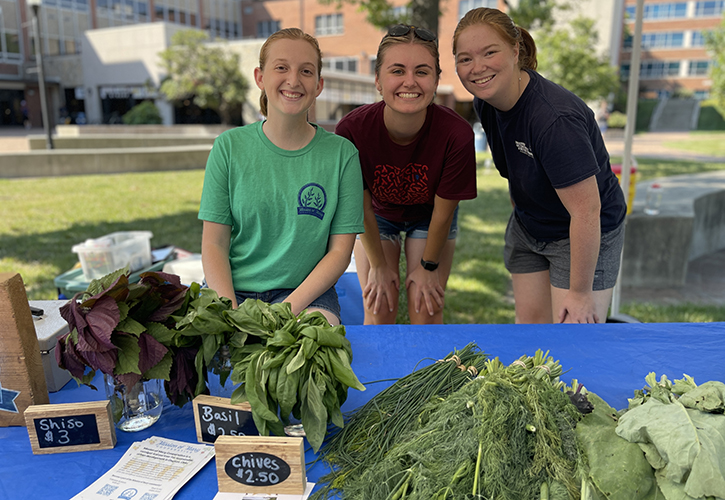
Required and elective courses include food justice, nutrition and health, politics of human rights, history of food and writing for grants and nonprofits.

Required and elective courses include cities and energy, applied geographic information systems (GIS), urban sociology and history of American city planning.
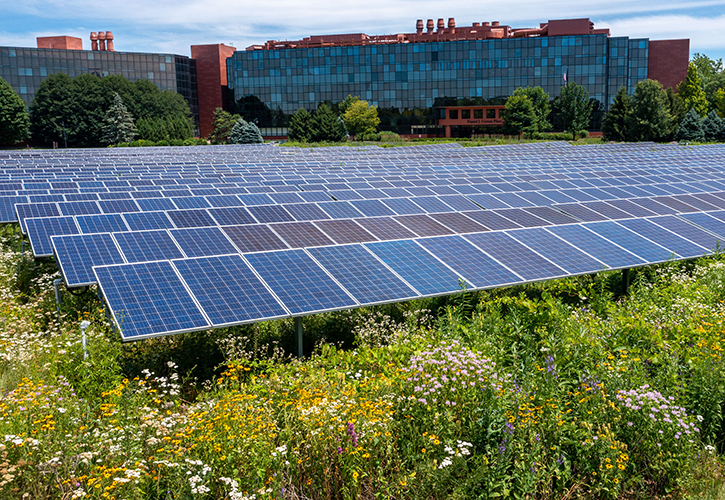
Required and elective courses include biology, chemistry, biology, physics, statistics, energy resources and principles of microeconomics.
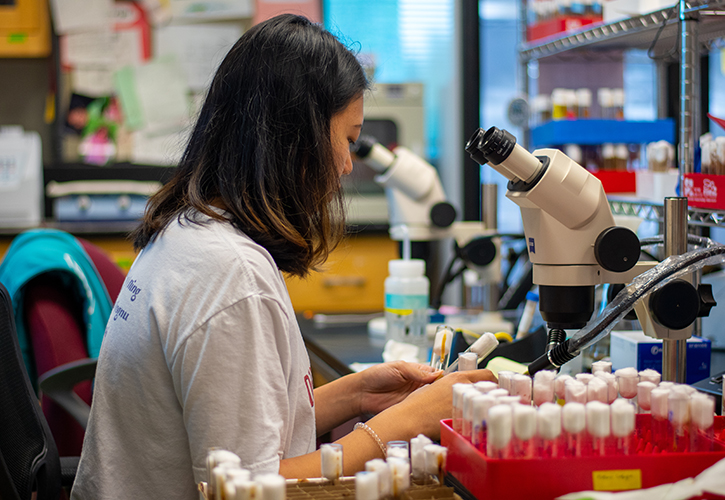
Required and elective courses include biology, chemistry, geology, physics, biology of rivers and lakes and surface and groundwater hydrology.
Other academic programs
Learn more about this program
Students earning the Certificate in Sustainability (SUS) take two sustainability courses: Foundations in Sustainability and Applied Sustainability. They also choose six semester hours of coursework from the social sciences, the physical sciences and engineering, allowing them to custom fit the certificate to their personal and professional goals and needs.
Learn More
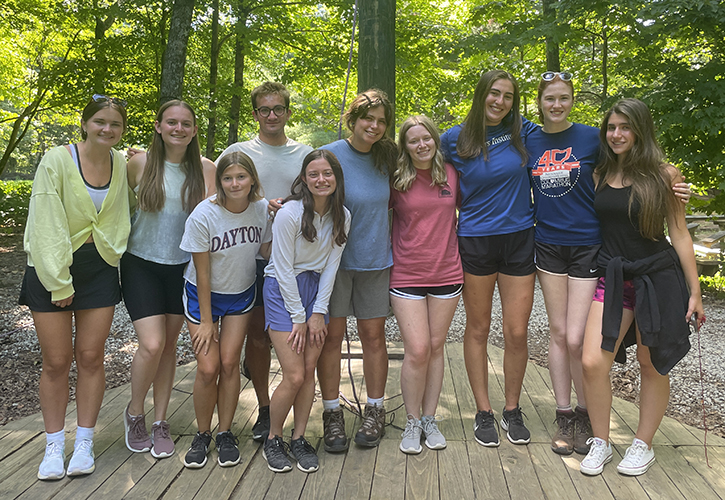
The 2024 University of Dayton River Stewards are breathing new life into the 2020 River Stewards' book.
Read more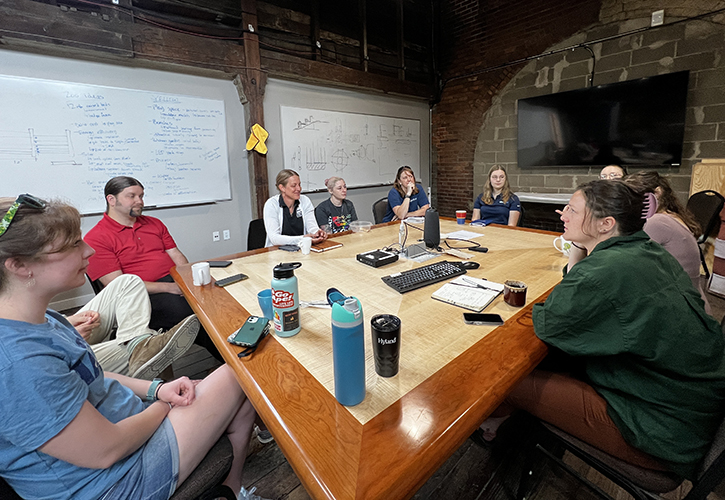
Three University of Dayton students got first-hand experience this summer working as sustainability professionals for the City of Dayton.
Read more